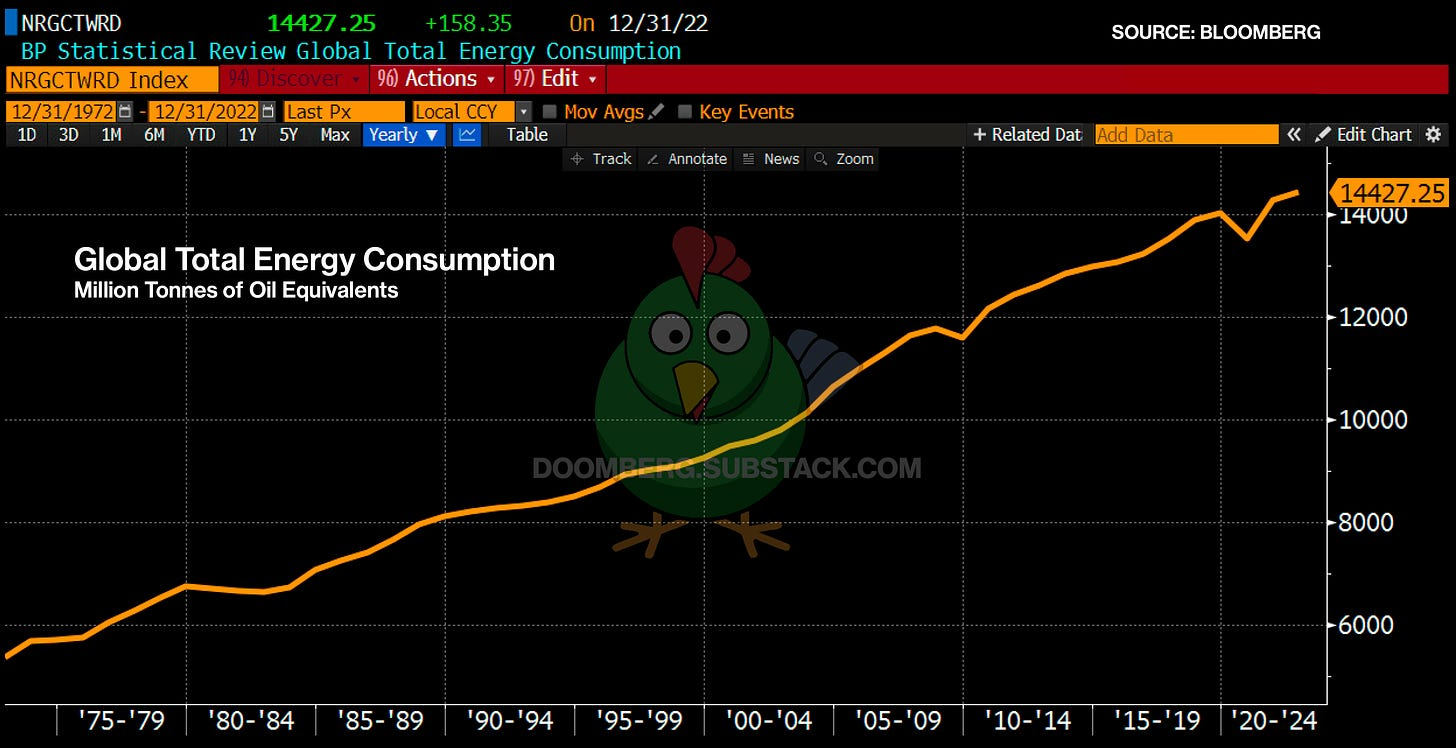 The last shred of power the elites hold is the belief of the masses that the elites are still in control.
The last shred of power the elites hold is the belief of the masses that the elites are still in control.
I understand the natural desire to believe somebody’s in charge: whether it’s the Deep State, the Chinese Communist Party, the Kremlin or Agenda 21 globalists, we’re primed to believe somebody somewhere is controlling events or pursuing agendas that drive global responses to events.
I submit whatever control we discern is illusory, as the dynamics unleashed by the pandemic have already escaped the control of elites. The fundamental reason the elites have lost control is that all the systems they depend on have been broken for 12 years, but were successfully papered over by doing more of what broke them in the first place. This papering over of broken systems generated an illusion of functionality: everything appeared to function as before even as dysfunction spread into every corner of every system.
As doing more of what broke the systems in the first place is failing, the illusion of functionality has been shredded. Now that the illusion of functionality has been lost, control of the narrative via institutional authority has also been lost.
I’ve often written about the difference between force and power; elites often mistakenly believe the two are equivalent, but they are worlds apart. Those who wield power persuade the masses to obey without being coerced, and to accept the self-serving narratives of the elite without question. Power leverages institutional authority and cultural myths and beliefs.
Force is costly, as coercion is costly. Force is a poor substitute for power, not only because the costs are so burdensome, but because the masses are not acting on their own volition; they are obeying only because the costs of not obeying are so high. But the unwilling can never be as productive as the willing, and so the regime that depends on force stagnates as the costs of coercion ratchet higher and the productivity of the forced steadily declines.
When power is lost, the masses simply stop listening to the authorities. In W.B. Yeats’ line, the falcon cannot hear the falconer; once authority over the narrative is lost, the masses circle away from the voice of their elites.
The systems the elites depend on for their authority and power are now little more than fractals of incompetence, structures dominated by incompetence in every level and every nook and cranny, from the lowest paid employees to the top leadership.
All these systems serve the interests of insiders and vested interests first, the priorities of the elites second and the public / customers third, if at all.
The elites have lost control of everything that is critical to their survival: capital flows, faith in the future of eternal cost-free growth, and the rise of discontent and disillusionment.
The elites are discovering, to their dismay, now that competence has been lost, power has been lost, and force is no substitute for power.
All the papering-over tricks no longer work. Lowering interest rates to zero isn’t going to increase consumption or investment, it’s only pushing speculative frenzy to new increasingly fragile highs. Printing trillions and sluicing it to the super-wealthy isn’t going to fix what’s broken because that mechanism is what broke the system in the first place.
The last shred of power the elites hold is the belief of the masses that the elites are still in control. That belief is dissipating, despite the shrieks and cries of the elites that they are still in control. Events are illuminating their hubris and the fractals of incompetence that are crumbling beneath their feet.
Many believe the super-wealthy always transition seamlessly between regimes. But this is not always the case. The greatest personal fortunes in history (owned by private individuals, not royal/Imperial households) were likely accumulated by Roman elites. Their villas were in essence small cities and their fortunes were in Roman terms global.
Yet when the institutions that enabled their fortunes crumbled, these elites did not transition their wealth and power seamlessly to Barbarian rule: everything fell apart, their villas were abandoned and their power vanished.
Phantom capital is ephemeral, and so is power.
Full story here Are you the author? Previous post See more for Next postTags: newsletter






















